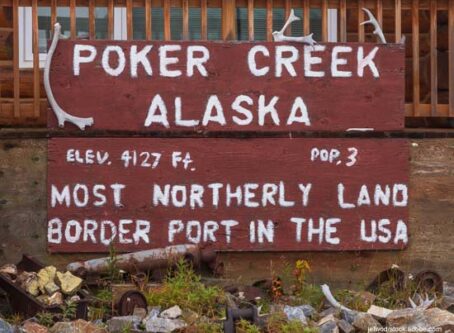New Jersey awards more than $51M to truck safety projects
The New Jersey Department of Transportation has awarded tens of millions of dollars for the safe movement of truck traffic, comprising mostly of pavement projects, for its Local Freight Impact Fund.
In March, NJDOT announced it has awarded $51.5 million through its Local Freight Impact Fund. More than $30 million comes from state funds, with the remaining $21 million from project sponsors. The Local Freight Impact Fund grants help counties and municipalities provide for the safe movement of large truck traffic.
In total, 33 grants were awarded among 41 applications.
Although the Local Freight Impact Fund is to improve truck traffic safety, the vast majority of those projects are for pavement preservation projects.
Two projects are for bridge preservation projects, while only two projects are deemed truck safety and mobility projects.
The two truck safety projects are both in Middlesex County. One includes improvements to Woodbridge Avenue (County Road 514) and Mill Road (County Road 667) in Edison Township. Another involves improvements to Cranbury Road Corridor (County Road 535). The remaining projects are all pavement or bridge preservation projects.
“Having safe truck routes to efficiently move goods to and from New Jersey’s seaports, airports, warehouses, and railyards are integral to our state and regional economy,” NJDOT Commissioner Diane Gutierrez-Scaccetti said in a statement. “Our roads and bridges carry a tremendous amount of commercial truck traffic every day and we are making the investments necessary to ensure the safety of our customers and communities alike.”
The Local Freight Impact was launched in 2016 as part of the Transportation Trust Fund. According to a news release, grants are given to projects that emphasize and enhance the safe movement of large truck traffic, renew aging structures that carry large truck traffic, promote economic development, and support new transportation opportunities without the need for additional property taxes. Eligible projects must fall into one of four categories: bridge preservation, new construction, pavement preservation or truck safety and mobility. LL









